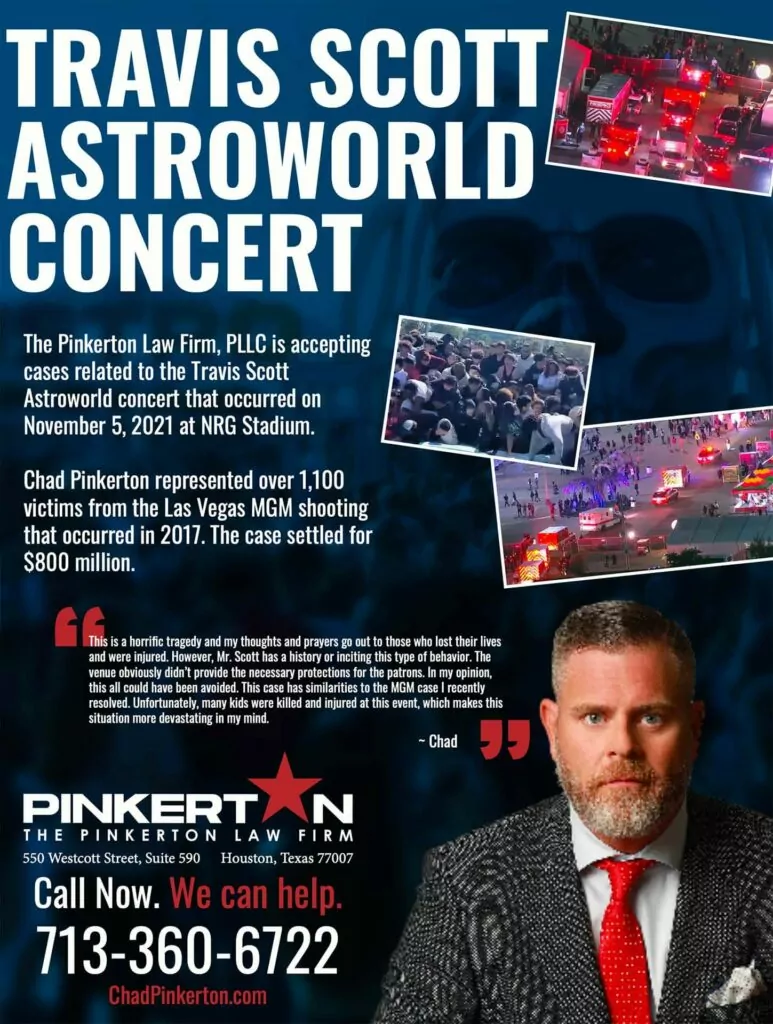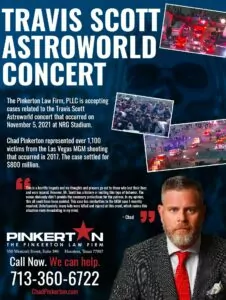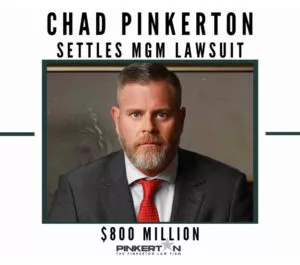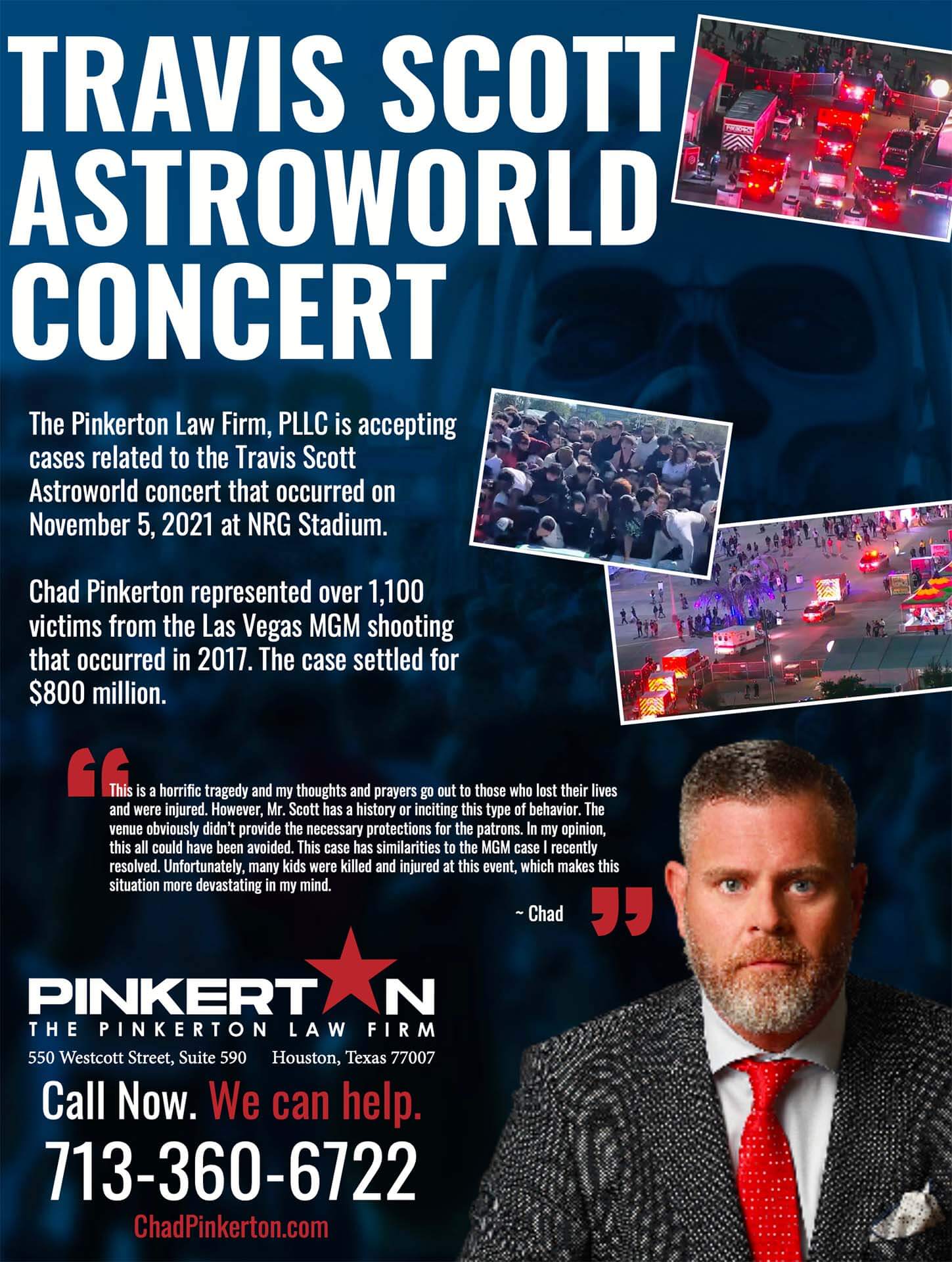Frequently Asked Questions
Personal Injury:
1. Do I have to pay for the attorney’s services?
You do not pay anything unless we recover money damages for you. We pay all expenses in the case. You will only pay the expenses back if we win money for you. You will never receive a bill from the firm on your personal injury case. We work for free and pay all expenses at our own risk until we get you the money you deserve in your case. If we recover money for you, then the firm generally receives 40% of the reward, plus a dollar for dollar return on all expenses. Nevertheless, we work with all our clients to ensure that they are happy with the fee split once the case is resolved. It would be a very unusual circumstance where the client did not receive at least half of the money he or she was awarded and most of the time it is substantially more than half.
2. How do I go about hiring your firm?
You will have to contact the firm through this website or via the phone. You will then need to sign a written agreement. The agreement that you will sign with The Pinkerton Law Firm, PLLC is typical of those used by lawyers in the State of Texas and the firm only used approved language and provisions from the State Bar of Texas.
3. What if I hire your firm and then decide I want a different lawyer?
Remember you have a constitutional right to hire and firm your lawyer. You may always terminate your lawyer for any reason—good, bad, or no reason at all. No lawyer can force you to maintain them as your lawyer. If you fire your lawyer, you may have a remaining contractual obligation, but that does not prevent you from seeking new counsel. Over the years, the firm has represented over 35,000 individuals and have only been terminated on several occasions. That is an outstanding track record in this business. Our clients don’t terminate their relationship with our firm because we work hard, work smart, and do a great job. Results matter and we get results–$150,000,000 and counting.
4. What happens if I need to see a doctor?
Our firm will makes sure you get the medical treatment you need. You will seek professional medical personnel who care about your health and wellbeing who are not simply in the practice of “helping litigants get money.” We want you to get better and recover the optimal amount of money for the harm done for you. Therefore, we are accustomed to getting you to the right doctors who can actually help you recover.
5. What if I don’t have insurance to get the treatment I need?
Our firm will handle you medical on a LOP if necessary. LOP means letter of protection. This means the doctors and medical professionals will provide you the care you need so long as they get paid once you resolve your case. If your case is not resolved, you don’t owe them a dime.
6. How do I get a loan if I can’t work and need to support my family?
On occasion, the firm will loan you money to help you through the hard time. We understand the circumstances that accompany being injured. We are sensitive to such and look at each case on an individual basis. However, there are many personal loan companies that work with the firm who are generally more than happy to assist our clients. If you need some money, then we can generally find the money you need to assist you through the hard times. However, there are rules and guidelines that lawyers must following in loaning money to clients or assisting in such a process. The Pinkerton Law Firm, PLLC is an ethical firm that follows all such rules and guidelines.
7. Do you handle the workers’ compensation part of my case too?
We do not handle workers compensation claims. However, we work with other trusted lawyers who do. Nevertheless, your work related injury may include a claim against others or other companies. That is called a third-party claim. We do handle those claims regularly while another firm handles the workers compensation portion. Let us look at your case and we can advise you as to the types of claims you may have.
8. What is your firm’s success rate in personal injury cases?
The firm has been very successful over the years. It has collected over Over $500 Million for its clients. We have tried and won many cases. We are a firm that will handle your case from start to finish. We do not take your case and then refer it to another lawyer to handle. We are trial lawyers—and good ones. Over the entire 11 years the firm has operated, it has lost on three cases—that is three losses out of 30,000 plus cases. So, the percentage of success is 99.999%. But that is not a guarantee. We do not guarantee results here. Every case is different. Yet, the fact of the matter is we don’t lose very often.
9. How do I know what I can expect to get out of the case?
No lawyer can tell you the value of your case without taking a long look at the facts, the defendants, and the law that governs your case. However, after meeting with you at the time of your initial consult, we will give you a expected value range for your case. The ultimate result could be higher or lower, but based on our experience we are able estimate that value of cases pretty accurately.
10. How long does a case take to get to its conclusion?
A personally injury case could be resolved in days, months or years. Generally, a personal injury case where we file suit will take between 6-10 months to resolve either by settlement or trial. In a heavily disputed case it is not unordinary for that type of case to take 12-14 months to resolve. Bu, every case is different and thus every time table is different.
11. How does your firm compare to other firms in the Houston area?
Chad Pinkerton has been named a Top 10 Lawyer in Texas. Chad Pinkerton has been named a Texas Super Lawyer. The firm has had great success for many years in this area. The firm has a proven track record. But, the question seems to beg more than just that. If you looked at all the personal injury firms in the greater Houston area over the last ten years, then it would be very apparent that The Pinkerton Law Firm, PLLC is firmly within the Top 10 and quite possibly within the Top 3. We think we are the best. We have great lawyers that provide a great service. We have professional well trained staff members. We have a core group of individuals that have been with the firm for years. And, we have Chad Pinkerton, one of the best trial lawyers of this generation. Come see us and I think you will see the professional atmosphere we have to offer. Look on the wall and you will see $150,000,000 in recovered dollars in ten years. We are good, and we know it. More importantly, defense lawyer and judges know it—and respect it.
12. What if I have a lawyer but want to hire your firm?
You may always fire your lawyer and hire a new one. To fire your lawyer you must do so in writing. Once you have done that, talk to us and we can handle the situation from there. You will not be penalized for terminating your lawyer.
Mass Torts:
1. Is a mass tort the same thing as a class action?
The simple answer is, no. The major difference between mass torts and class actions is that in a mass tort each plaintiff is treated as an individual, whereas a class action plaintiff is represented by one class representative. A class action is a type of legal action where a lawsuit is filed on behalf of an entire group of people, meaning means all members of the class are treated as one plaintiff, not separately. Mass torts are a large group of individual claims involving the same product defect or incident that are filed together in order to allow for orderly administration of the case, as well as save time and money. Typically, mass torts are filed in state or federal court and consolidated into a Multi-District Litigation (MDL). All initial discovery and pre-trial matters will take place before the MDL judge, and once that process is complete, the individual claims will be sent back to their original court for trial. Mass torts have been filed in numerous cases, including plant explosions, airplane accidents, defective medical devices, and pharmaceuticals, to name a few.
2. How is it determined what I get for my case in a mass tort?
Since a mass tort plaintiff’s claim is treated individually, then the value of your claim will be dependent upon the severity of your injuries. Sometimes your specific injury will be similar to other plaintiffs in the mass tort, and that group of injured claimants will receive similar offers. Regardless, the benefit of a mass tort claim is that your case will be individually evaluated by your lawyer, as well as the defendant.
3. Do I have to split what I am awarded in a mass tort with other people who also get awarded money in my case?
No, any award or settlement you receive from a mass tort will not be split amongst the other mass tort claimants. In a mass tort settlement, each claimant receives their own offer from the defendant, which he or she must choose whether to accept or reject.
4. How are all the cases expenses handled in a mass tort?
It depends on the mass tort, but generally the case expenses for pre-trial discovery are split amongst the claimants in what is often referred to as a common benefit fund. So, expenses incurred from taking depositions or hiring experts are split amongst all mass tort claimants because these expenses benefit all claimants and thus it is agreed that they will be shared amongst all claimants. However, certain individual case expenses, such as medical records or other claimant specific records are not shared with the entire group.
5. What kind of mass torts does your firm handle?
The Pinkerton Law Firm has handled a wide array of mass torts, ranging from plant explosions to defect pharmaceutical drugs that failed to warn of harmful side effects. Here is a list of catastrophic events and defective products that the Pinkerton law firm has filed mass tort actions on behalf of those injured: 2005 Texas City BP Explosion; Zoloft and SSRI Drug Defects; 2010 BP Chemical Release; 2011 BP Chemical Release; Trans Vaginal Mesh defects; Port Arthur Oil Spill; BP Horizon/Gulf Oil Spill; 2012 Chevron Refinery Fire, and; 2013 West Fertilizer Explosion.
Family Law:
1. How much experience does the firm have with family law cases?
The Pinkerton Law Firm added family law to its areas of practice in 2014. Our lead trial attorney has over ten years of litigation experience that he brings to each family law matter. In 2015, the firm hired an associate to exclusively manage the family law docket. Our family law associate has first chair trial experience and is involved in every family law matter at the firm.
2. Who will work on my case as my lawyer?
An associate family law attorney and lead trial attorney will work on your case. The lead trial attorney generally attends all contested hearings, mediations, and trials. The associate attorney may attend mediation, ancillary hearings, contested hearings, and trials as needed.
3. Will paralegals do all the work on my case or will the lawyers be more involved?
Your attorney will be involved in every step of your family case, from initial filing to final trial.
4. What kind of results has your firm achieved in family law cases?
The Pinkerton Law Firm zealously pursues our client’s goals in family law matters. In our most recent divorce trial, for example, the court awarded our client a disproportionate share of the community estate. Many cases, however, are resolved prior to trial through mediation and negotiation. In a recent mediation, our client, the father, was named the parent with the exclusive right to designate the primary residence of the child. Each case is different and thus is treated with specialized attention to meet the client’s particular needs.
5. How many cases have you tried in the family law arena lately?
Last month, in June, we tried two cases and settled four cases prior to trial.
6. What does no-fault really mean if there can still be fault found in Texas?
“No-fault divorce” simply means that Texas does not require you to assign fault to any particular party in the divorce; the court may grant a divorce based on “irreconcilable differences,” i.e. differences between the spouses that make the marriage insupportable. Most divorces are granted based on insupportability grounds.
7. What is the difference between spousal maintenance and alimony?
What many other states refer to as “alimony” is called “spousal maintenance” in Texas. Texas law provides four scenarios where a person may receive spousal maintenance: marriage lasted at least ten years, there has been family violence, the person seeking maintenance has an incapacitating physical or mental disability, or the person seeking maintenance is the custodian of a child of the marriage who is disabled. Additionally, the spouse seeking maintenance must also establish that he or she lacks sufficient property to provide for his or her reasonable needs.
8. What does “primary” parent mean?
Primary parent typically refers to the parent with the exclusive right to decide where the child primarily lives. Parents will usually share most other rights regarding their children, such as the right to consult with physicians and school officials.
9. How much time will I get with my kids?
The amount of time you get with your children depends on the specific facts of your case. Texas law provides that most parents will follow a standard visitation schedule. Parents can always agree on a more custom visitation schedule that differs from the family code, and courts regularly approve these agreements. Regardless of the schedule that is written into a divorce decree, parents can always follow any practical schedule they agree is best for their child.
10. How long will it take for me to get a divorce?
The length of your divorce depends on four factors:
- The county the case is in
- The complexity of the case
- The experience of the attorney
- The amount of work involved
11. Why should I hire your firm if I could hire another firm that only does family law?
The Pinkerton Law Firm offers respected family law attorneys that utilize litigation strategy to zealously advocate for our clients. We are able to achieve exceptional results for our clients due in part to our proactive and aggressive pursuit of their goals.
12. What are the biggest cases you have handled in family law recently?
The firm successfully defended a mother in a two year, brutal custody battle where the father was ultimately found to be alienating the children against her. Our client was awarded primary custody and all exclusive rights regarding the children. We also recently successfully defended a premarital agreement, saving our client millions of dollars as a result.
13. How is community property defined?
Anything you or your spouse acquire during your marriage is presumed to be community property. There are some exceptions to this general rule; for example, any gifts or inheritance you receive during the marriage is considered separate property. The spouse claiming separate property, however, must still provide sufficient evidence to rebut the presumption that the property is part of the community estate.
14. Do I get to keep my retirement money?
Your retirement funds may be subject to division during your divorce depending on the specific facts of your case. First, like other property, retirement benefits can be characterized as community property or separate property. If the benefits are determined to be community property, they will be eligible for division during the divorce. Separate property retirement benefits will remain with the spouse that earned them. Characterization of retirement benefits also depends on the type of plan, when benefits accrued, and whether the benefits are fully matured.
15. Can the Court force us to sell the house in the divorce?
If the house is determined to be community property, it is possible that the Court can order you to put it up for sale. The specific facts of your case will determine how all community property is divided.










